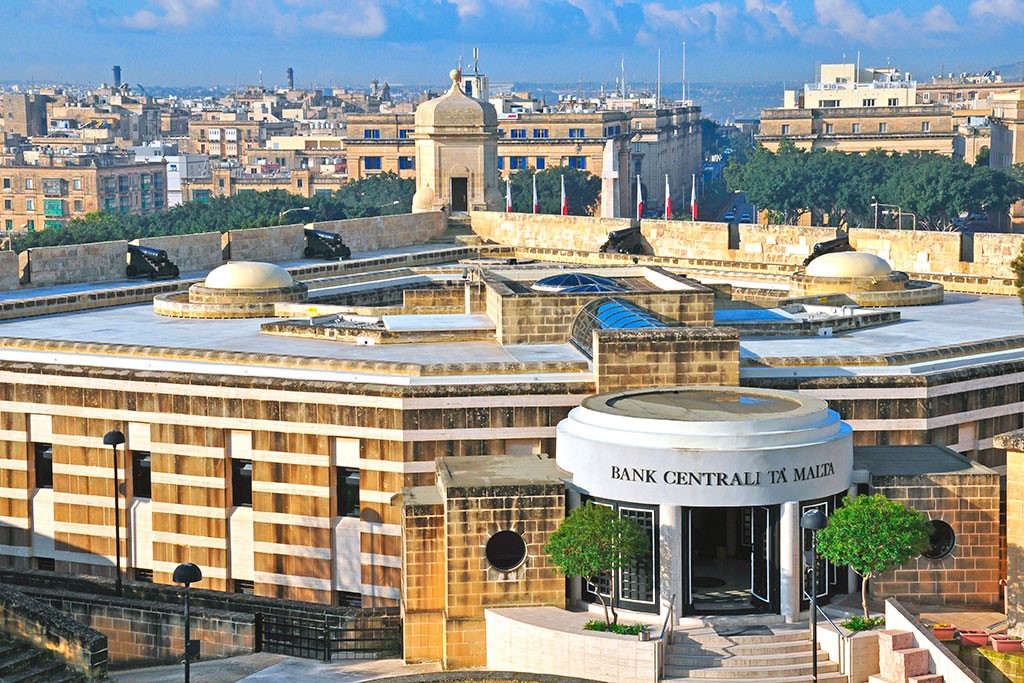Economic activity declined somewhat in December compared to recent months but nevertheless remains relatively strong, according to a report by the Central Bank of Malta.
The Bank’s Business Conditions index found that economic activity continued to recover from the low levels recorded in 2020.
The European Commission’s confidence survey shows that sentiment eased in December compared with a month earlier, but remained well above its year-ago level and only marginally below its long-term average. When compared with November, confidence fell in all sectors, with the exception of the retail sector.
This edition of the Economic Update reports for the first time on developments in the European Commission’s Uncertainty Indicator. This rose when compared with November. Higher uncertainty was largely driven by developments in industry, the retail and services sectors.
Consumers continued to report that they are able to predict their future financial situation with relative ease but less so than in November. Uncertainty was felt in the construction sector.
The Bank’s estimate of the COVID-19 Government Response Index – a composite indicator that summarises various containment, economic and health-related measures introduced in response to the pandemic – increased in December when compared with a month earlier but stood marginally below that reported in the euro area.
In November, industrial production contracted on an annual basis for the fourth consecutive month. Meanwhile, the volume of retail trade rose at a faster pace.
The unemployment rate remained unchanged at 3.5 per cent when compared with October but remained below its pre-pandemic level.
In December, both the number of final deeds of sale for residential property and the number of promise-of-sale agreements rose strongly on an annual basis. These were also higher than in December 2019.
The annual inflation rate based on the Harmonised Index of Consumer Prices (HICP) rose to 2.4 per cent in November from 1.4 per cent in October, while that based on the Retail Price Index (RPI) rose to 2.4 per cent from 2.3 per cent a month earlier.
The Economic Update also includes data on recourse to the moratorium on loan repayments offered by domestic credit institutions to residents of Malta in response to COVID-19. Corporate loans subject to a moratorium remained very limited at the end of November. At €27.3 million, these were equivalent to only 0.2 per cent of related outstanding loans. This reflects a recovery in income flows and the expiration of the moratoria period for most beneficiaries. By the end of the month, 653 facilities for working capital and loan repayment purposes had been granted to businesses impacted by the pandemic under the Malta Development Bank COVID-19 Guarantee Scheme, corresponding to total sanctioned amounts of €507.3 million, or 65.2 per cent of the scheme’s target size.
Malta welcomes 20 nations for Build Europe Congress on housing and development
The event featured round table discussions on affordable housing, planning efficiency, taxation and sustainable development
Malta Boat Show expands in second edition with over 160 boats and 75 exhibitors
For the first time, the Malta Boat Show has attracted international exhibitors
Truckers call on Government to push back on EU zero-emission rules
'The path to decarbonisation must be built on practical readiness, not political symbolism' – ATTO






